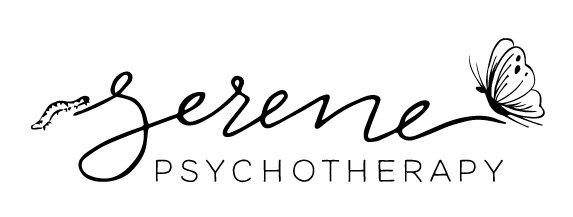Why a neuropsychological evaluation is important for diagnosing AD/HD
by Dana Serino, PhD
January 31, 2024
Far too often, I see providers seeking a diagnostic evaluation with a psychiatrist for possible AD/HD. While there is nothing inherently wrong with this approach, I argue that this is not the best practice. I know this because I also rely on the same methods psychiatrists utilize, but I augment this approach with cognitive measures, record review, and collateral information. Most importantly, I assess neurocognitive abilities for a possible attention deficit using the gold standard in AD/HD assessment and base my decisions on research and clinical expertise. Attentional data and self-reports are also compared against several other data points, including your intellectual functioning, emotional and personality functioning, and executive functioning. Often, I consult on cases with an international team of neuropsychologists. Collectively, these methods are vitally important in determining with utmost certainty whether you or your loved one has AD/HD.
Why? At times people assume that they have AD/HD, when instead it can be something else – anxiety, depression, personality factors, trauma, etc. A recent study found that mental health information posted on social media platforms are inaccurate ~70% of the time. That’s not to say that people are not experiencing challenges with sustaining their attention, organizing their life, and inhibiting their impulses. But proper diagnosis is important, because this will ensure targeted treatment moving forward. AD/HD is also one of those diagnoses that are deeply tied to one’s sense of self. Undiagnosed individuals must work toward reframing their beliefs that they are lazy, unmotivated or flawed in some way, and instead learn to embrace their “neurospicyness.” Finding out that your challenges are instead due to deficient dopamine seen in AD/HD can be a gamechanger in your self-conceptualization. The AD/HD evaluations that I offer utmost diagnostic certainty, to foster growth, healing and acceptance.
If you’re seeking validation, diagnostic clarity and treatment/life recommendations based on your unique cognitive and emotional landscape – reach out today!


